READ THEM THEIR RIGHTS
PCSD1 is creating a new book policy to address modern conflicts
Photo Courtesy of Gabby Paterson
This photo displays a section of the classics section at the PHS library. Currently, the school district is creating a new policy to implement to avoid conflicts that may arise in the future.
In worries for their child’s learning, many parents have come together in an attempt to “ban” books from their children’s school libraries. Topics brought up in these books include sexually explicit themes, violence, profanity, LGBTQ+-related themes, and morally unjust or corrupt subjects.
“As a parent myself, I know it is essential for teachers to consider the parent’s perspective,” English teacher Mr. Logan Burns said. “Fortunately, there is a process in place that will allow parents the opportunity to voice their objections to a book(s).”
Students have recognized that their voice should be heard regarding this topic, and they should create their own opinions along with the parents.
“As we grow up, we begin to formulate our own opinions and ideas about the world including politics and religion,” senior and Editor-in-Chief Gabby Paterson said. “Our teenage years are a critical period in our development which includes starting to make our own decisions. This freedom to make our own choices and explore different ideas is threatened when certain books that introduce “inappropriate” content are removed from our reach.”
According to the American Library Association, “Between January 1 and August 31, 2022, ALA documented 681 attempts to ban or restrict library resources, and 1,651 unique titles were targeted.” This is a considerable change in the past year compared to the previous single book “challengings” that were normal before.
“Cody schools have had six formal book challenges, but none have been banned,” District Librarian for PSCD#6, Immediate Past President of AASL Mrs. Jennisen Lucas said. “These books are ‘Two Boys Kissing’ by David Levithan, ‘The Wizard’s Apprentice’ by Herbie Brennan, The Holy Bible, ‘The Handmaid’s Tale’ by Margaret Atwood, ‘The Color Purple’ by Alice Walker, and ‘How to Be an Antiracist’ by Ibram X. Kendi.”
Our teenage years are a critical period in our development which includes starting to make our own decisions. This freedom to make our own choices and explore different ideas is threatened when certain books that introduce “inappropriate” content are removed from our reach
— senior Gabby Paterson
For a book to be “challenged”, the person who wants the book out of the school has to meet with either the principal, library specialist, or teacher to discuss the book. The school principal must then fill out a written record of said conversation and a paper regarding the book. If the person still wishes for the book to be removed from the school, then the request will go to the Reconsideration Committee where all members will read the book and decide whether the book should be banned from the school or not.
“If a book is formally challenged, the KEC committee is called together to read the book, and I provide them documentation of how the book matches our selection criteria,” Mrs. Lucas said. “The complainant also provides information about why they believe the book to be inappropriate for our school libraries and then the KEC discusses and decides on whether to keep the book or not.”
When choosing to ban a book from the district, there is a certain criterion that the Reconsideration Committee should follow regarding which age group the book is appropriate for.
As a parent myself, I know it is essential for teachers to consider the parent’s perspective. Fortunately, there is a process in place that will allow parents the opportunity to voice their objections to a book(s).
— English teacher Mr. Logan Burns
“As an educational institution, we do want children to have access to a wide variety of literature, but not materials that could be harmful to their development,” Superintendent Mr. Jay Curtis said. “Obscene materials have no place in a school library. However, I am unaware of any materials in our own libraries that would fit that definition.”
At a recent meeting, Mr. Curtis reviewed what the Reconsideration Committee will be doing if a book is challenged.
“Most of the time, we would take sections [and] break that giant group into small groups to work on specific sections,” Mr. Curtis said. “And we would come back, and we would talk as a larger group about what those changes are going to do.”
With the recent surge of documents deemed confrontational, Mr. Curtis has upgraded the plan in which the committees should approach each problem.
As an educational institution, we do want children to have access to a wide variety of literature, but not materials that could be harmful to their development. Obscene materials have no place in a school library. However, I am unaware of any materials in our own libraries that would fit that definition.
— Superintendent Mr. Jay Curtis
“When we went down the road of changing it, there were a couple key tenants that we wanted to accomplish,” Mr. Curtis said. “Number one… definitive strategy to make sure that the materials that were coming into our library were consistent with what we would consider our values and our materials.”
Mr. Curtis also went on to address parents concerned about books available to their children.
“We wrote an entire section on the parent’s role and the rights that they carry as parents for their own children [and] of parent’s involvement.” Mr. Curtis said.

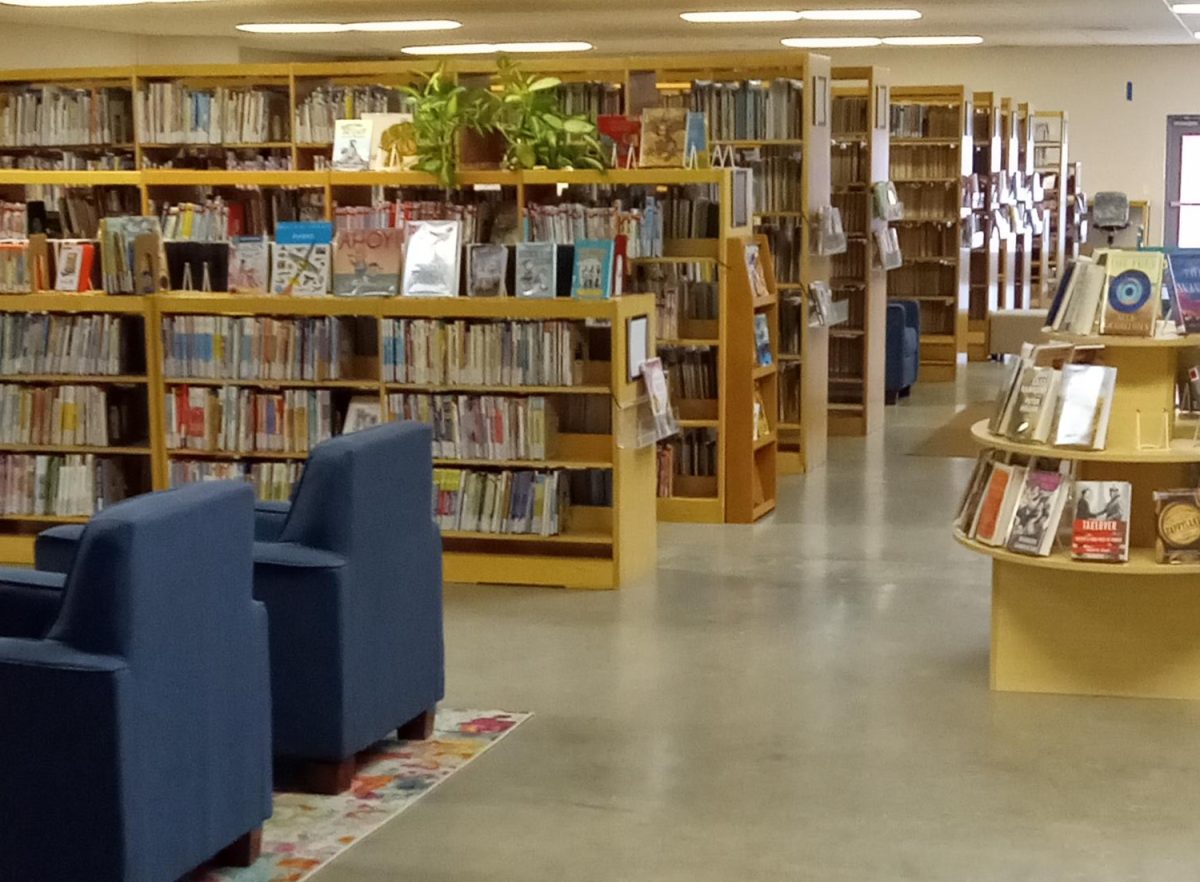


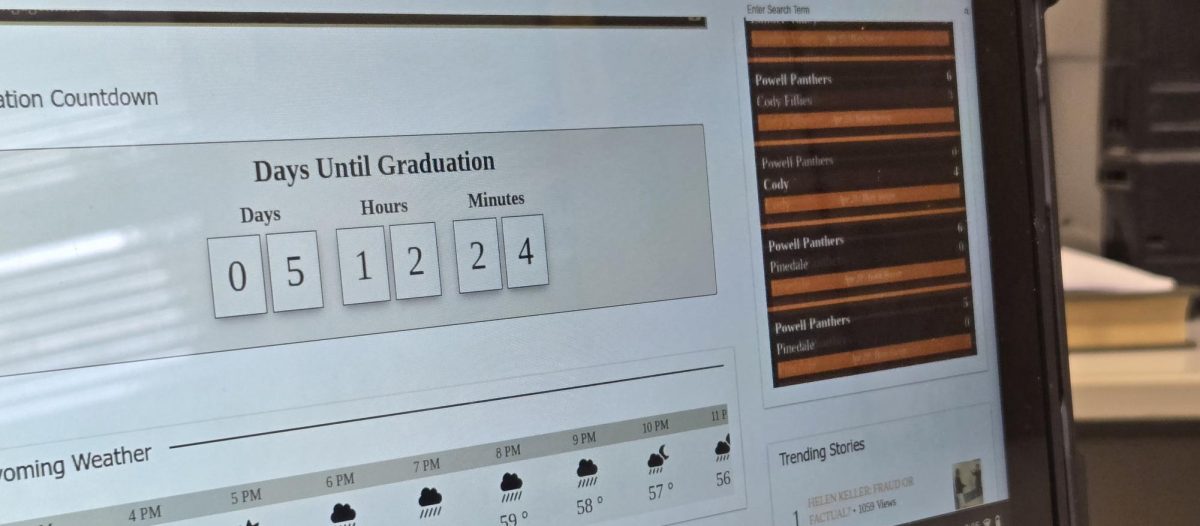

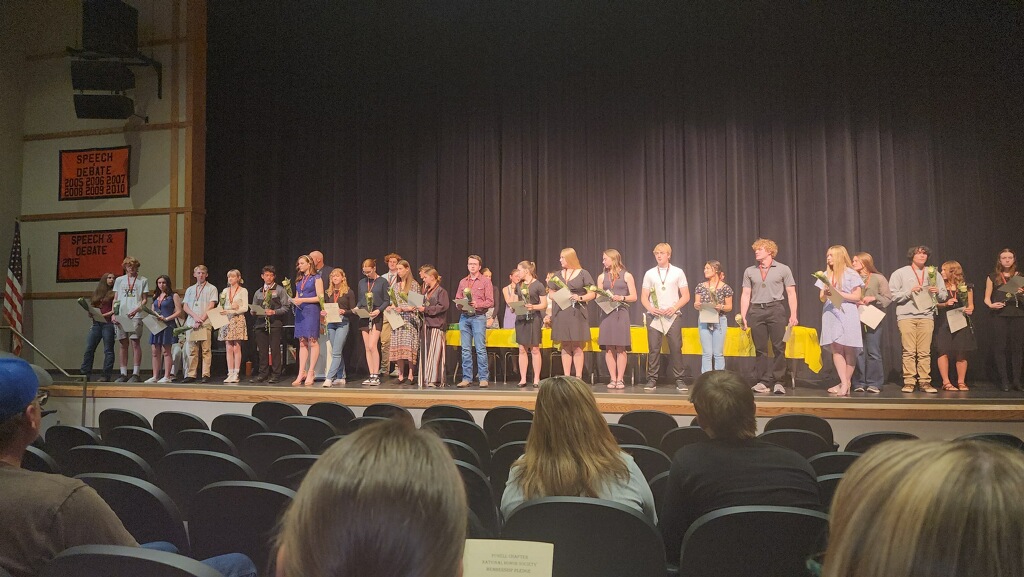
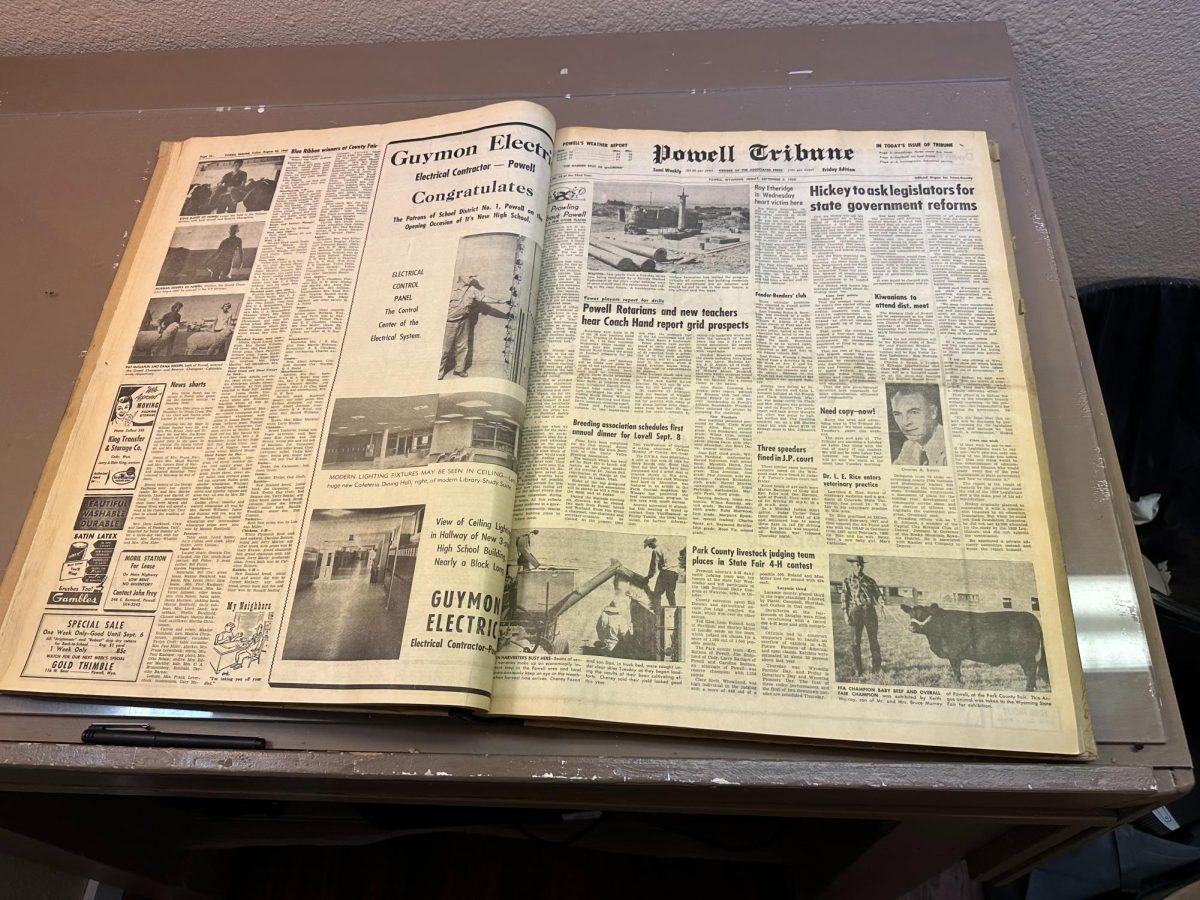

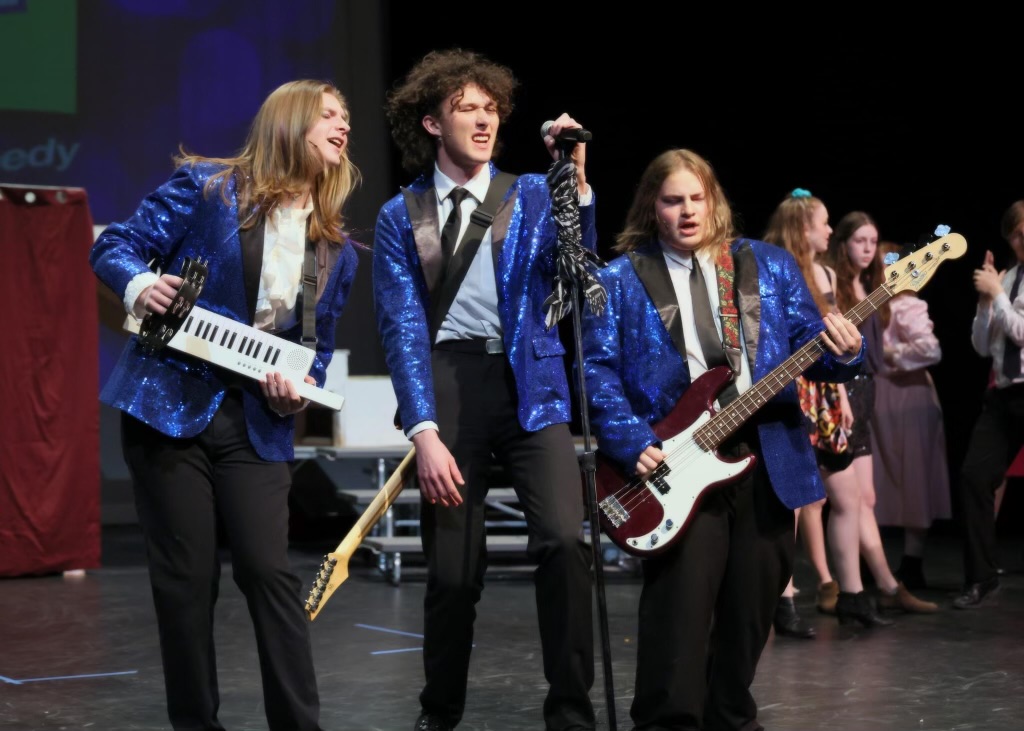
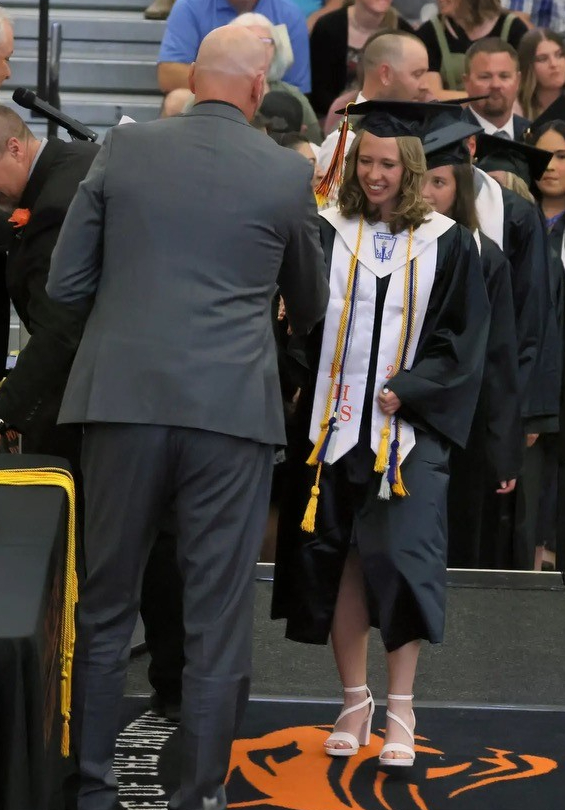
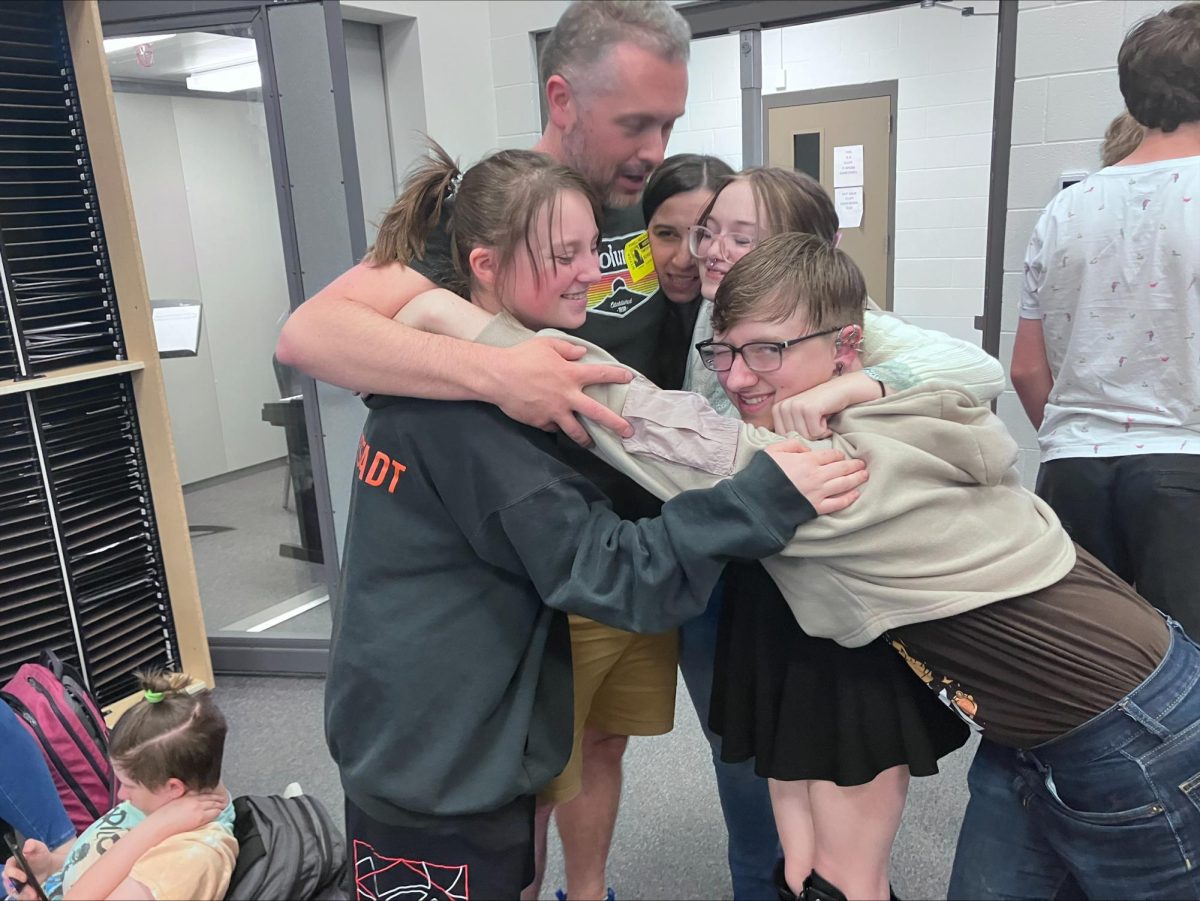
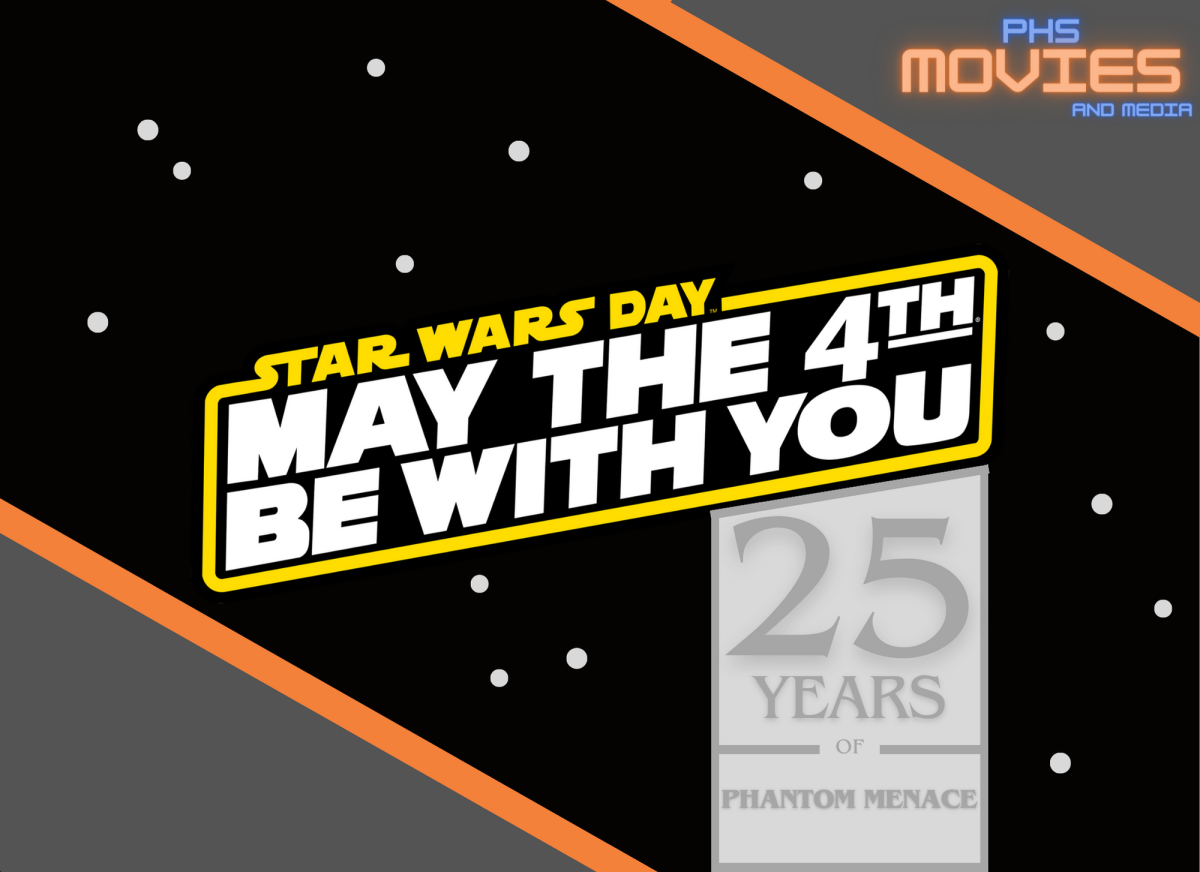



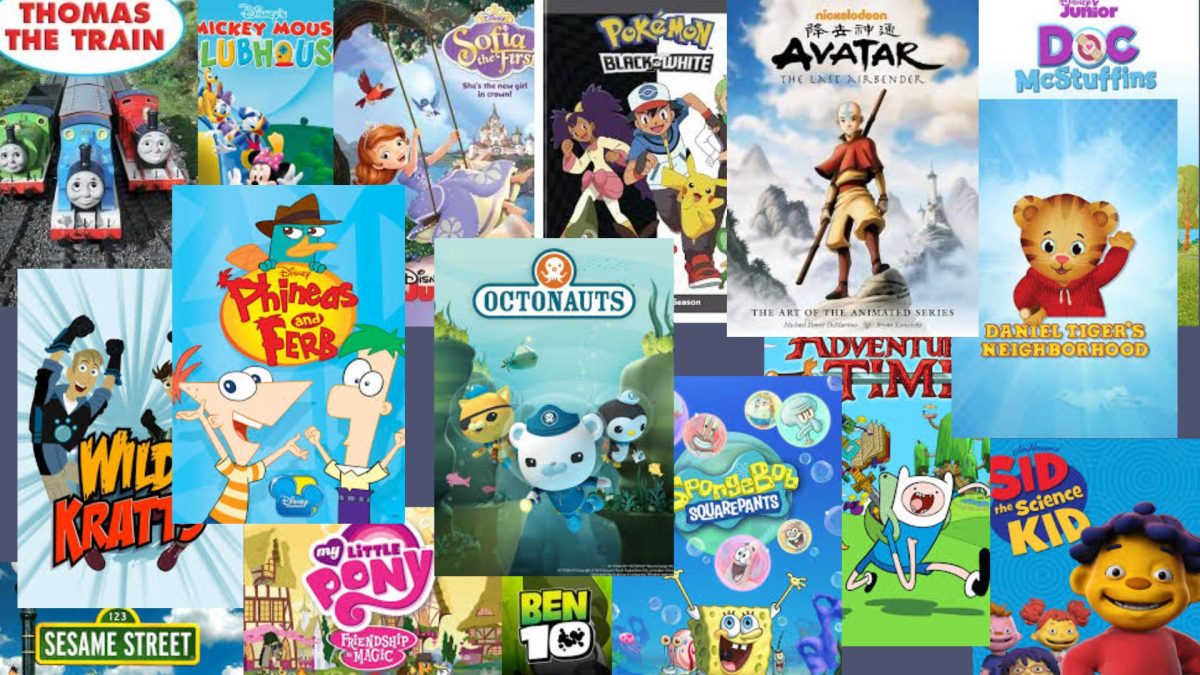
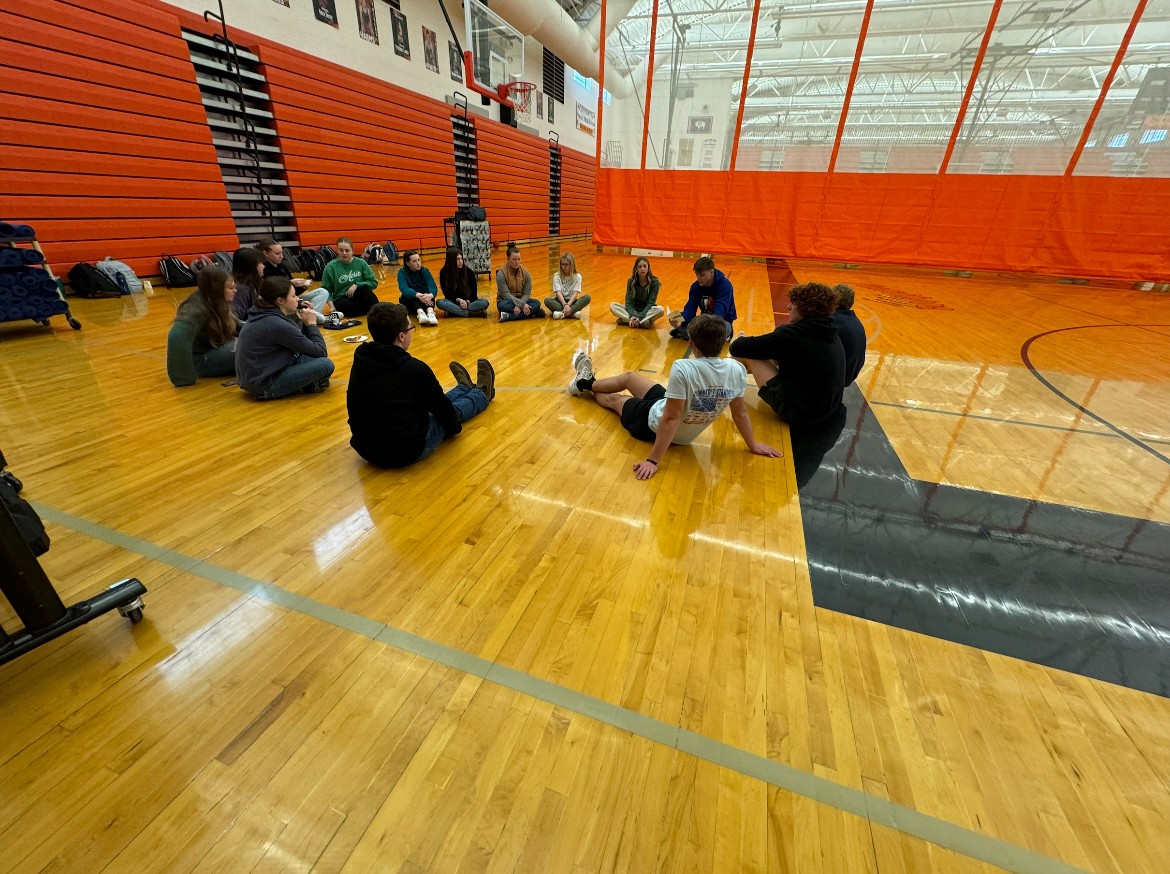
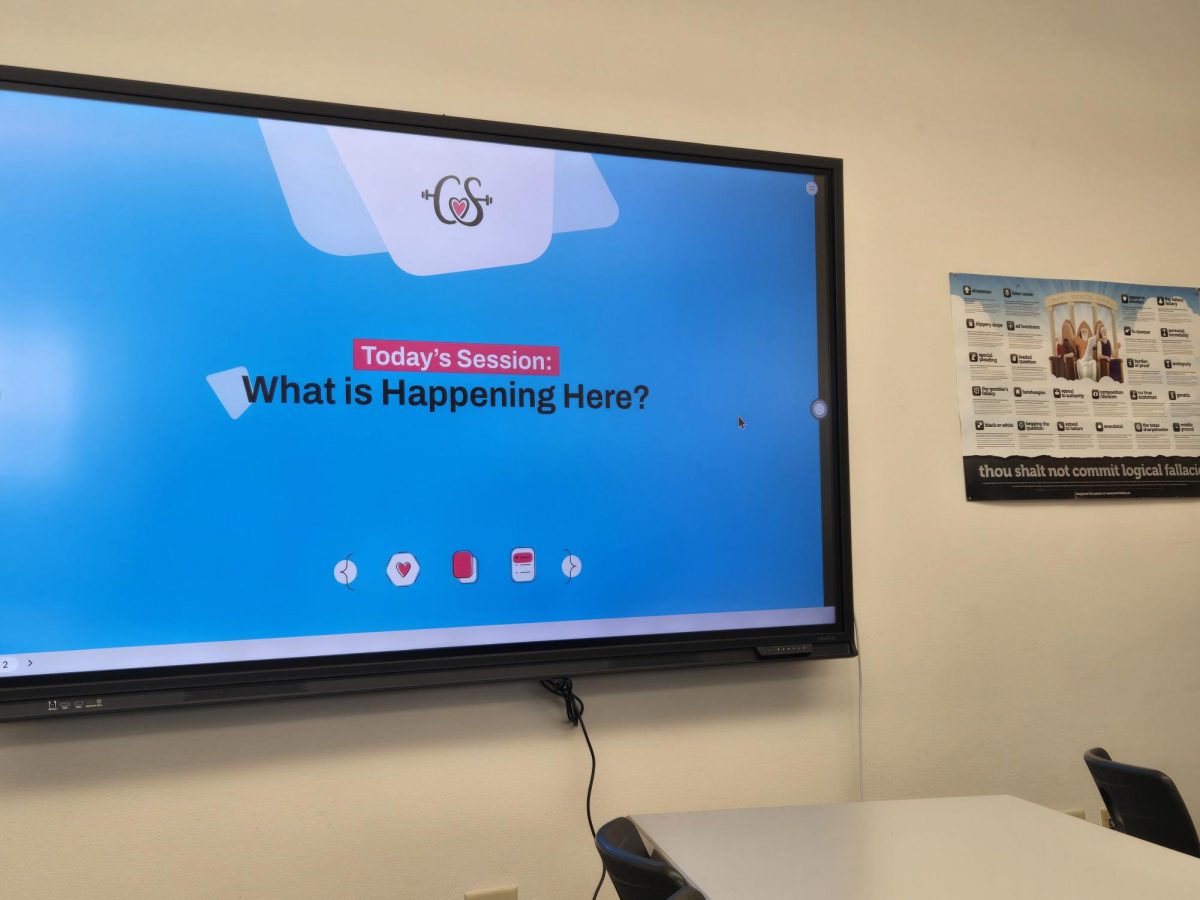

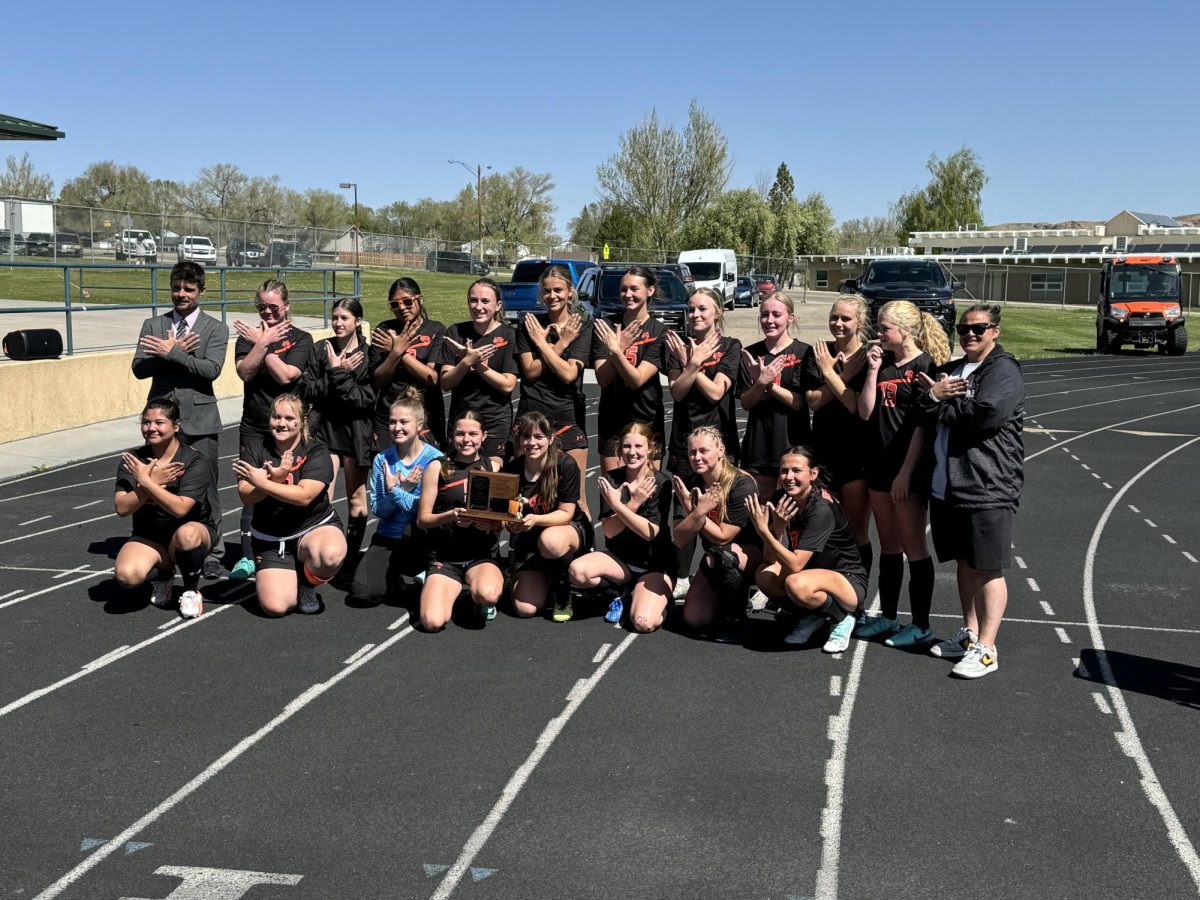


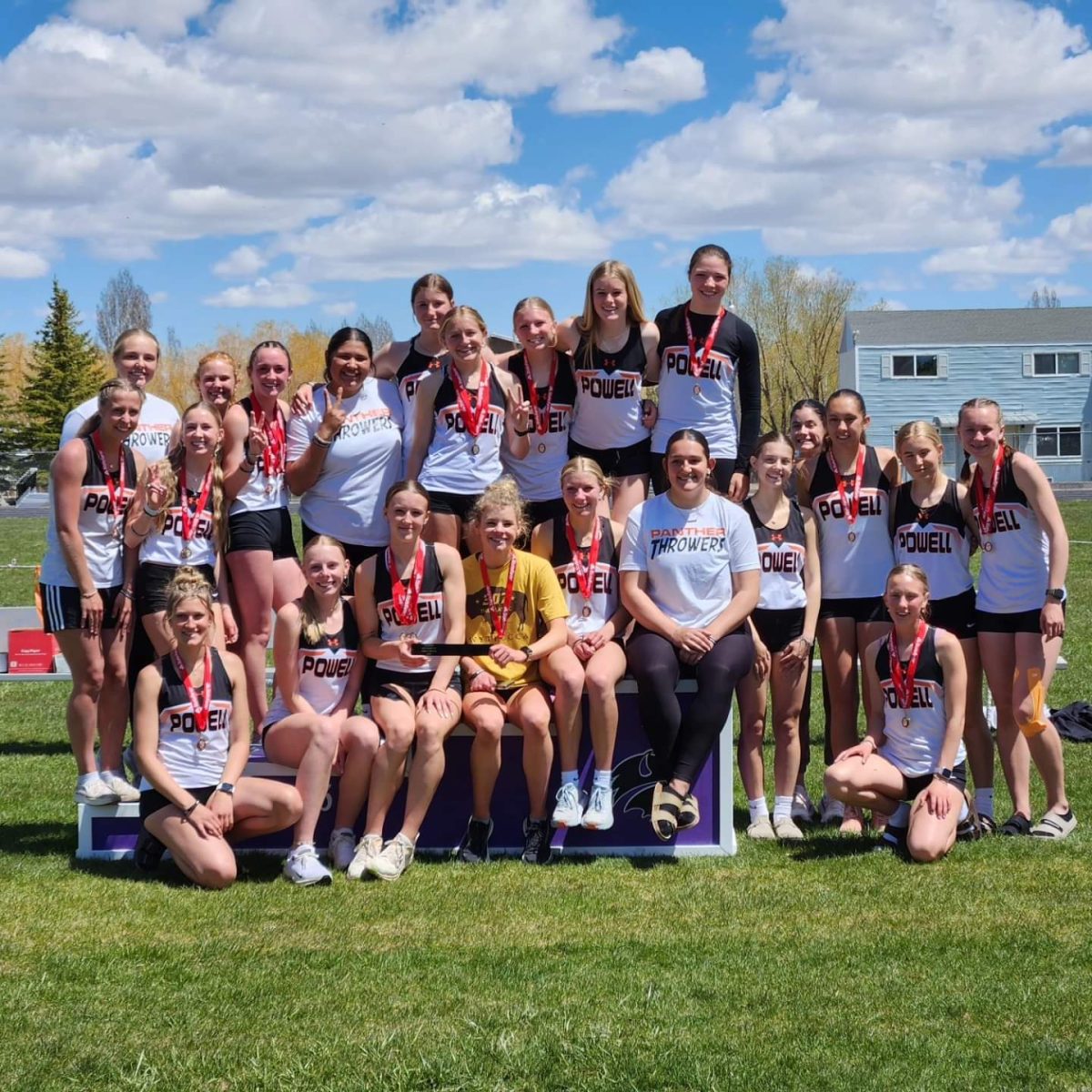
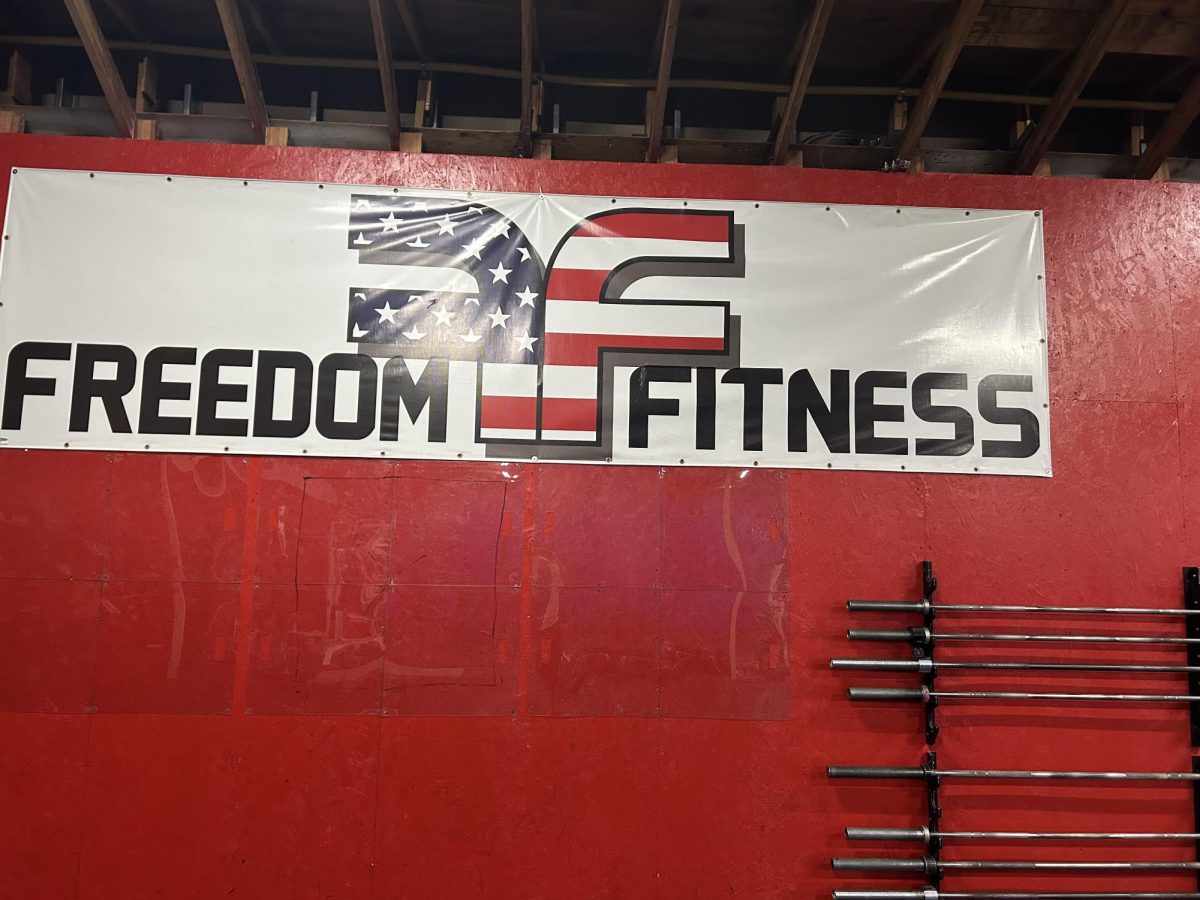
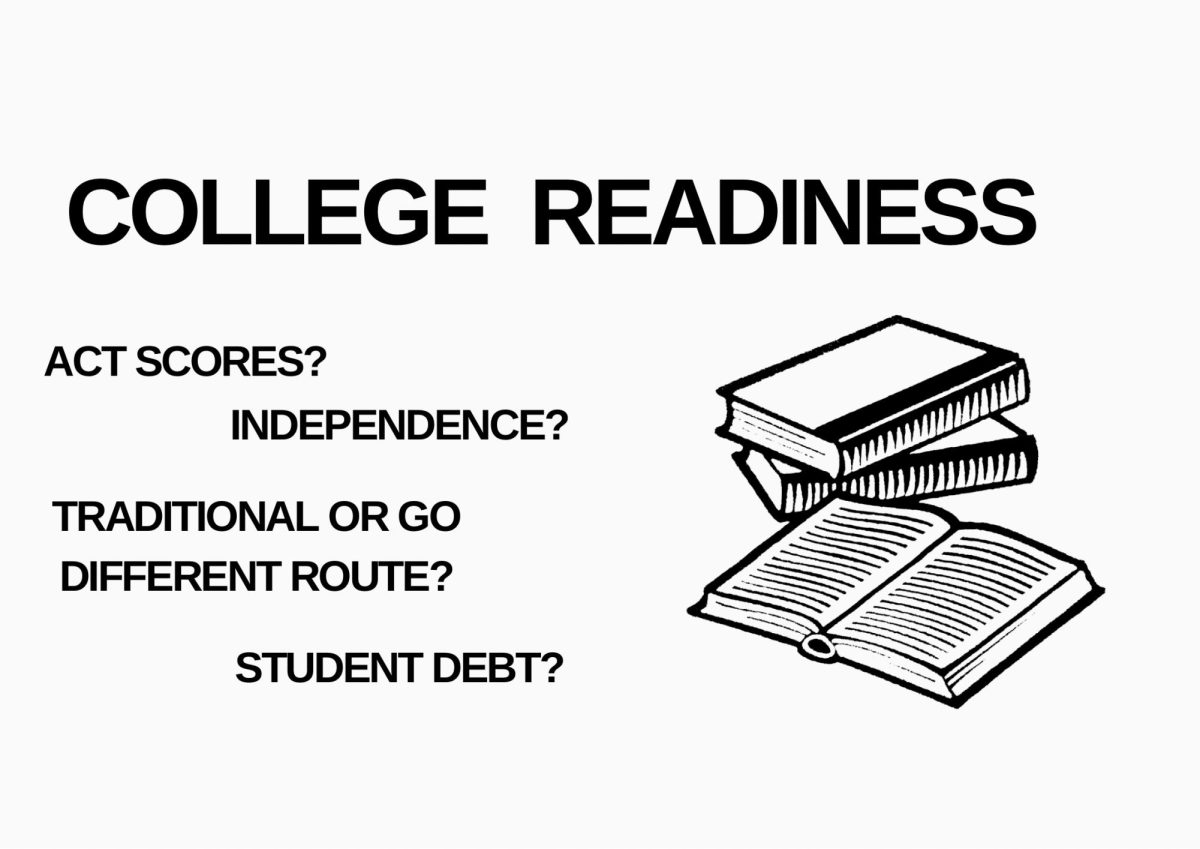
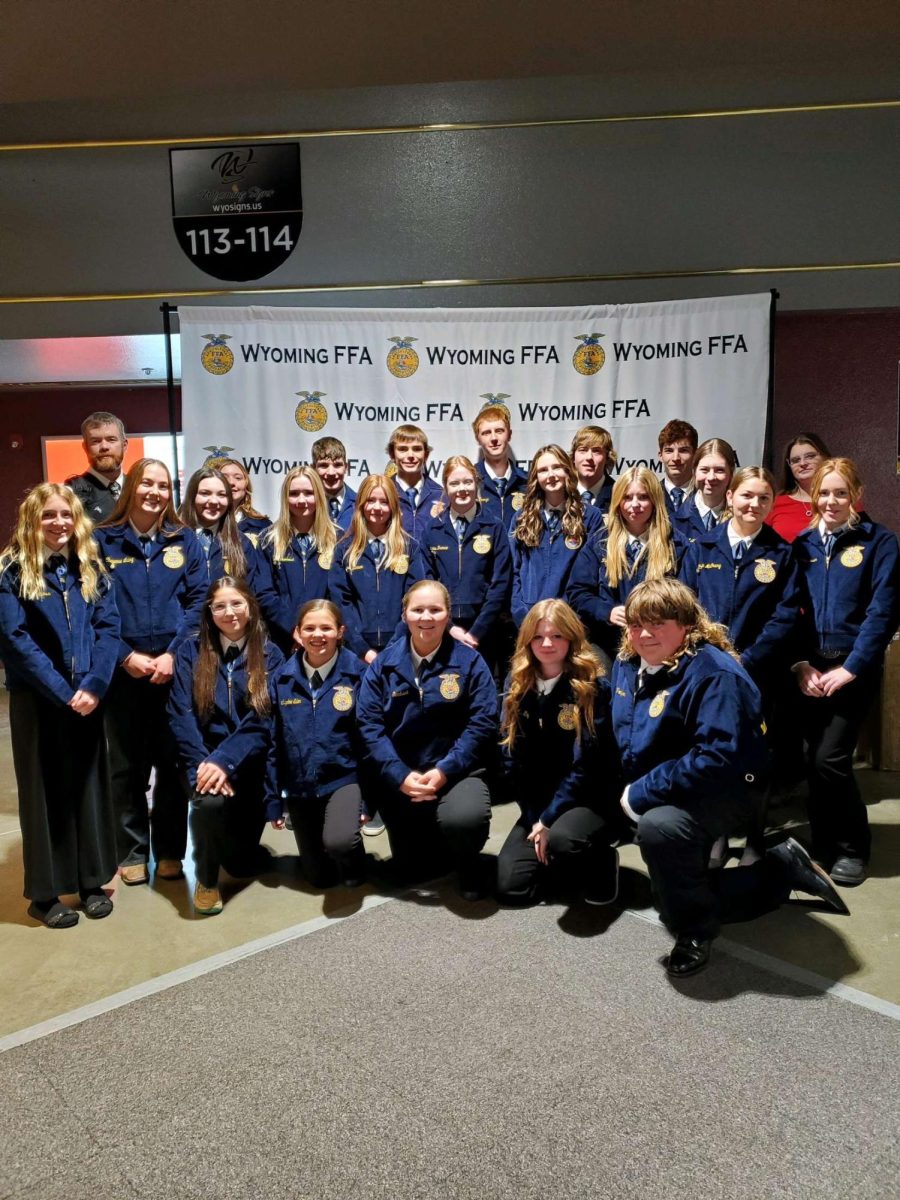

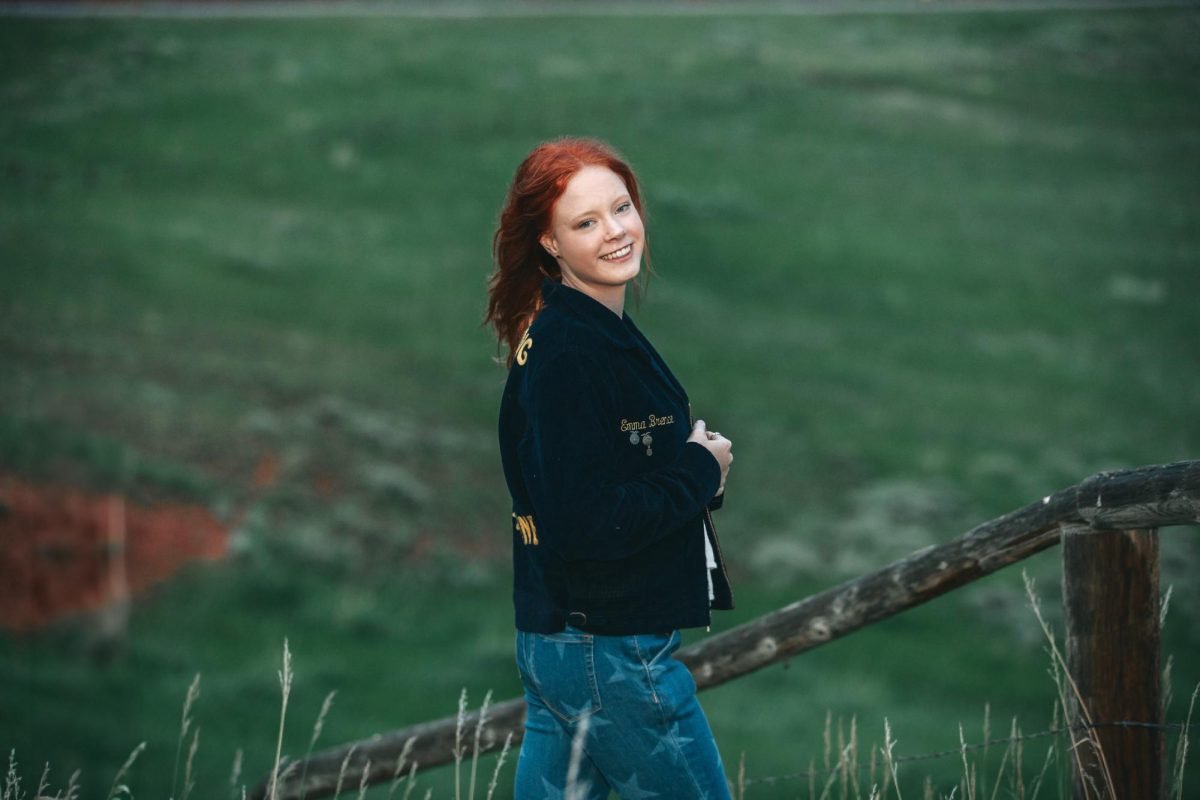

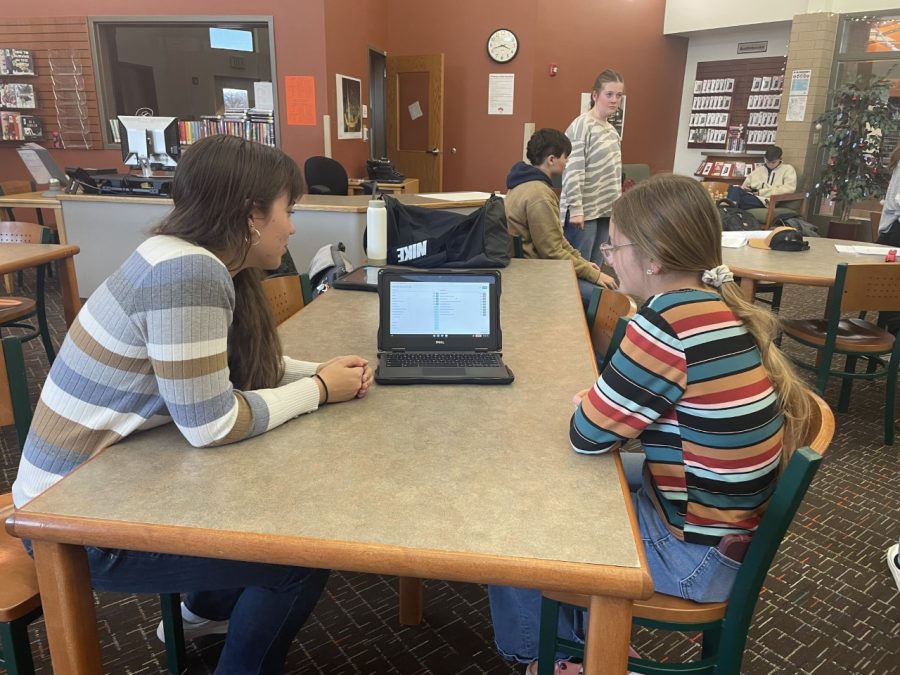
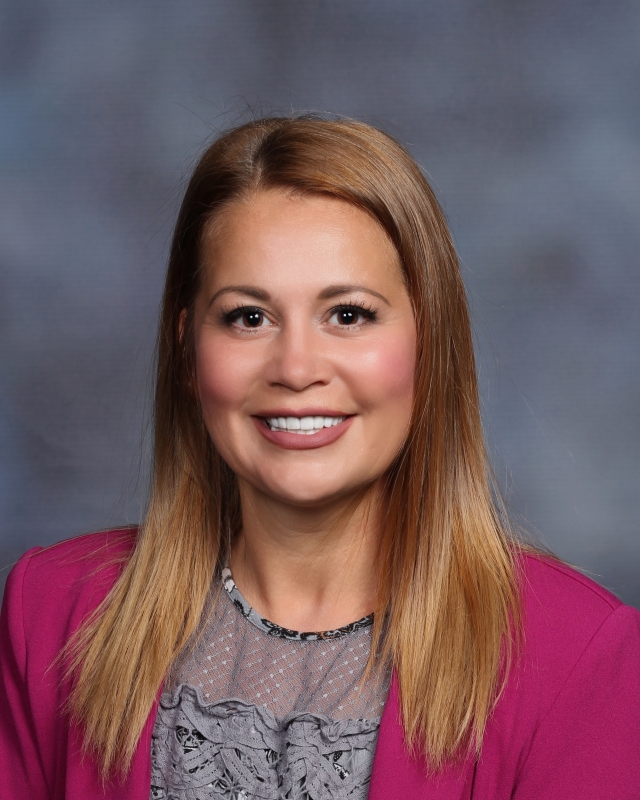
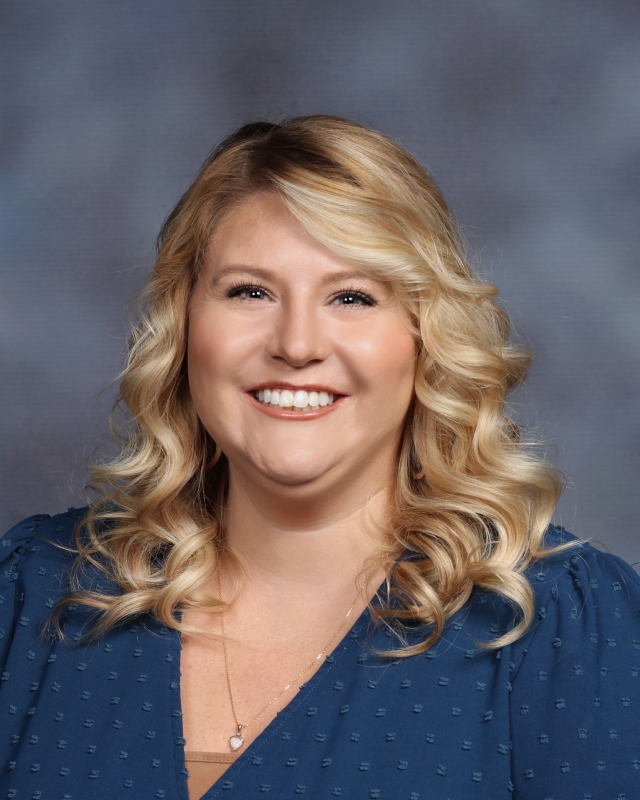

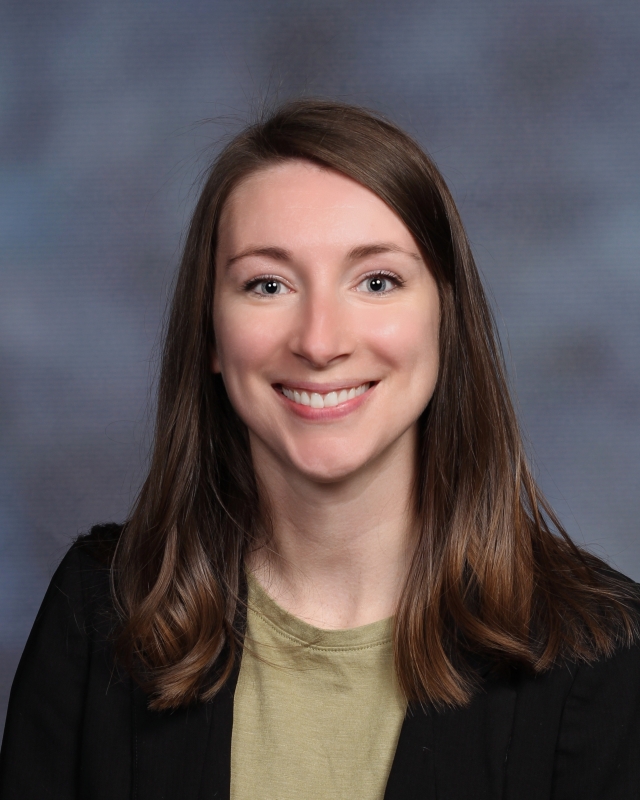


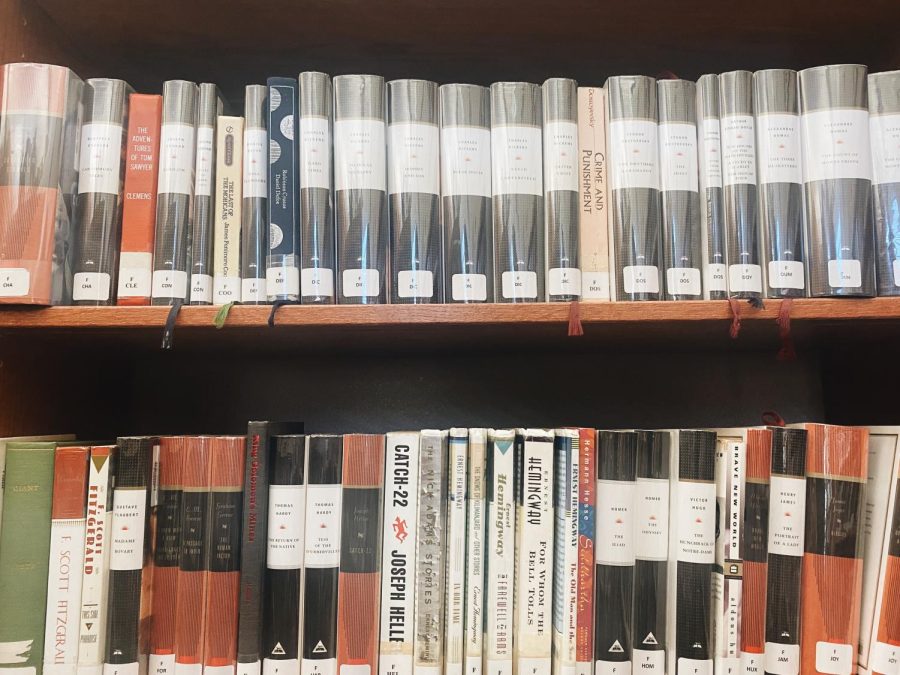
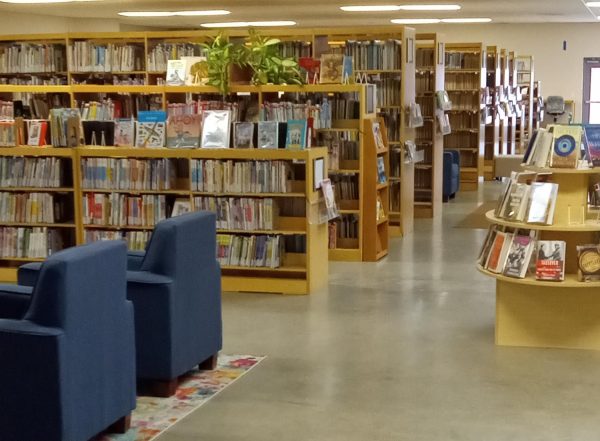


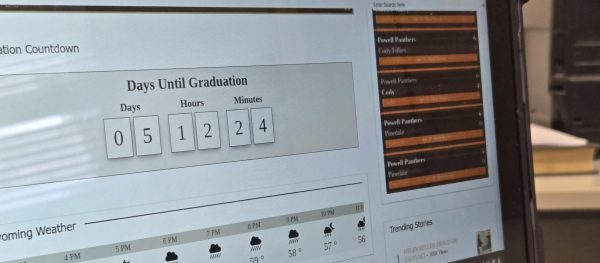


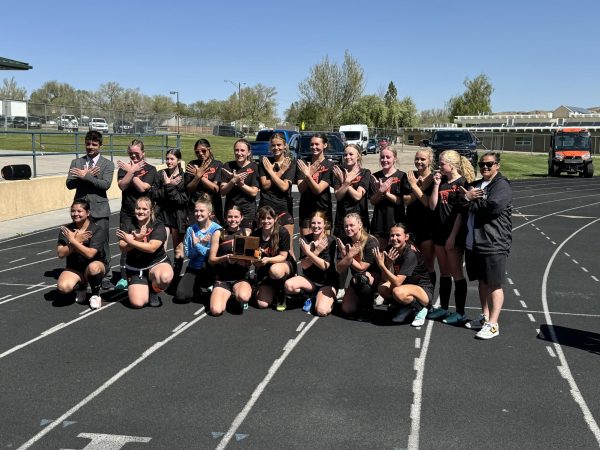

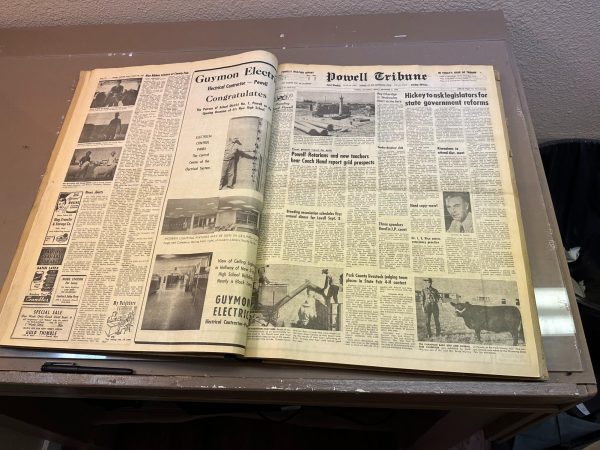
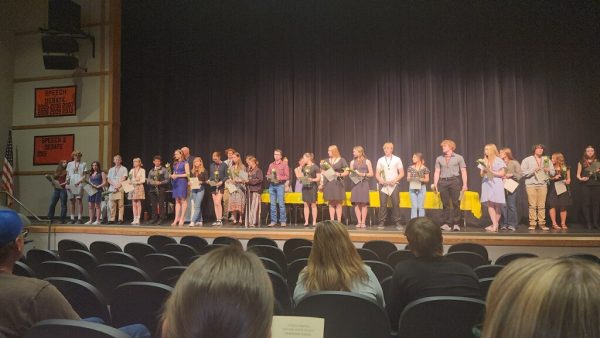

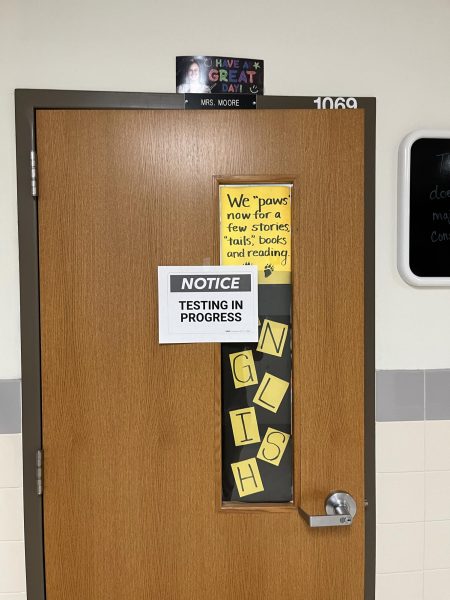
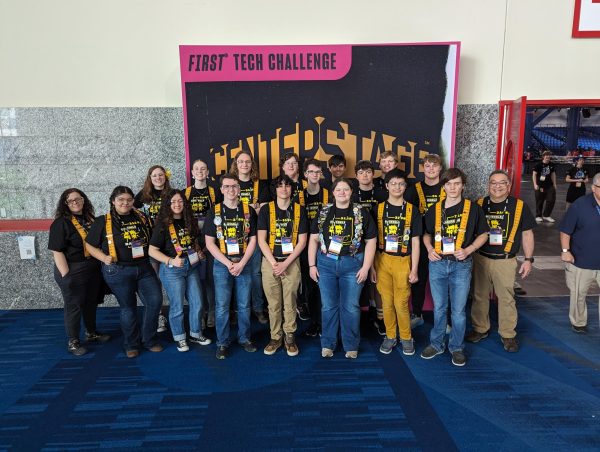

Cathy Y. White • Mar 11, 2023 at 11:51 am
Great job. I definitely learned a lot from your article. I did not know about all these issues.